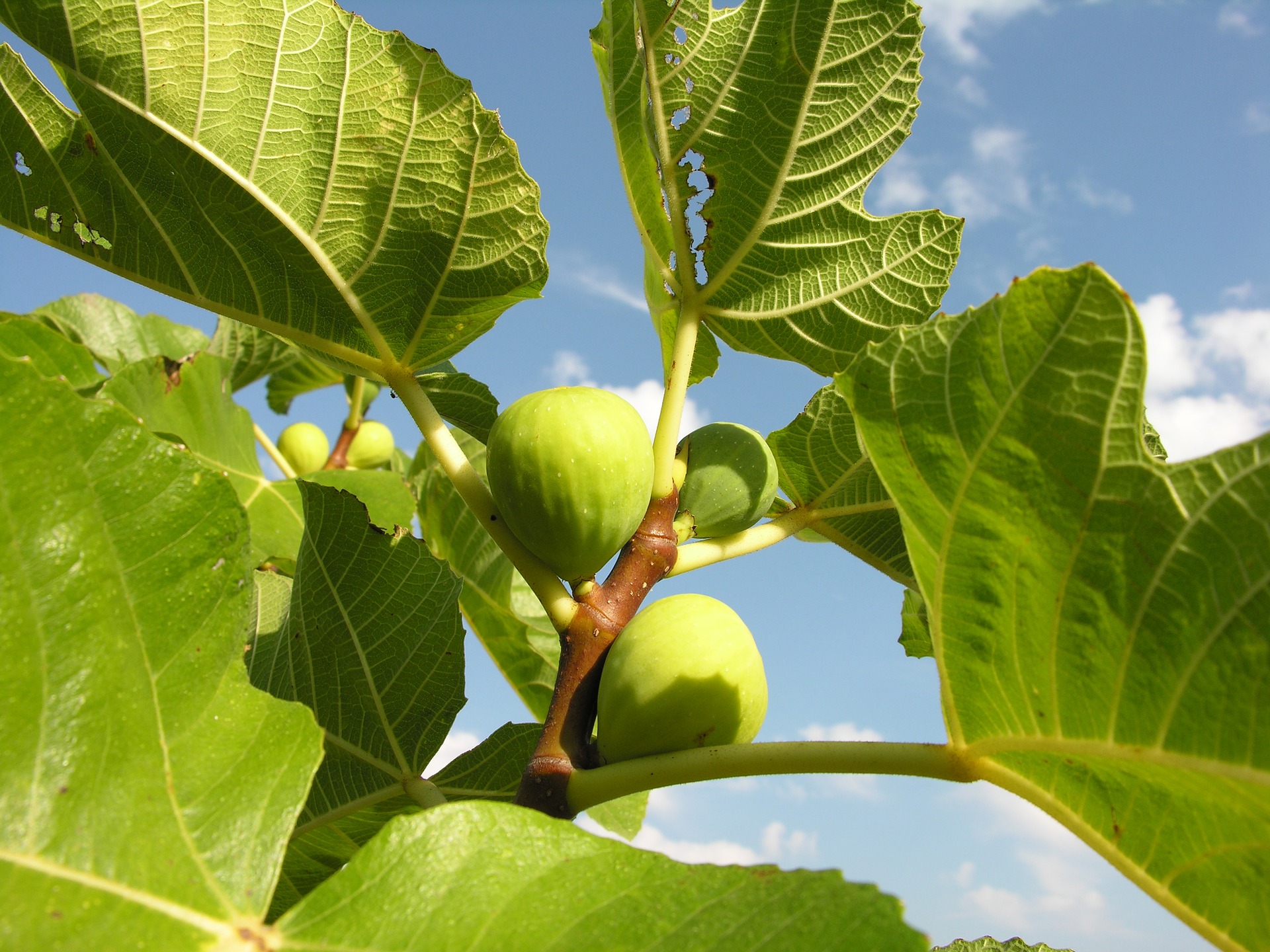- All
- Wisdom
- We Stand on Their Shoulders
- Vocation
- Uncategorized
- Stories Seldom Heard
- Spirituality
- Social Justice
- Prayer
- Peace
- Oneness
- Love
- Letting Go
- Lent
- Joy
- Inspirational Images
- Hope / Healing
- Holy Week
- Gratefulness
- God's Presence
- General News Stories
- Forgiveness
- Finding God
- Faith
- Easter
- Dominican Saints
- Discipleship
- Courage
- Christmas
- Catholic Sisters Week
- Care of the Earth
- Blessing
- Beauty
- Advent
- #justiceOPportunity
Parable of the Fig Tree

260th Edition March 2021
Luke 13: 6-9 Parable of the Fig Tree
 Over the last few months, our Zoom Parish Retreats have focused on Poetry and Parables. As I prayed with the parable of the fig tree, it brought back fond memories. Fig trees loom large in California as they do in the Middle East. When I was growing up, we had a huge fig tree in our backyard that my father tended with care. My father was a farmer at heart. In fact, we had a family ranch in the Mother Lode area of California where our family nurtured thirty-five acres of chestnut trees. Each year, one of our pre-Thanksgiving rituals was to pick, size, and sack chestnuts to sell in the North Beach Italian section of San Francisco.
Over the last few months, our Zoom Parish Retreats have focused on Poetry and Parables. As I prayed with the parable of the fig tree, it brought back fond memories. Fig trees loom large in California as they do in the Middle East. When I was growing up, we had a huge fig tree in our backyard that my father tended with care. My father was a farmer at heart. In fact, we had a family ranch in the Mother Lode area of California where our family nurtured thirty-five acres of chestnut trees. Each year, one of our pre-Thanksgiving rituals was to pick, size, and sack chestnuts to sell in the North Beach Italian section of San Francisco.
Fond memories for sure, but also learnings. Nature can teach us a lot about God: God’s subtle and often not-so-subtle presence in our lives. No doubt that is why Jesus’ parables are filled with images from the natural world that surrounded him. Even though we might not have a fig tree or any tree in our backyards, we all understand the importance of tending flowers, vegetable gardens, and orchards.
In the parable of the fig tree, Jesus tells of a man who owns a vineyard. In the vineyard, the man had planted a fig tree which was customary so the workers could be shaded from the hot sun. But for three years this fig tree had not produced fruit. The owner tells the vinedresser to cut it down. But the vinedresser pleads with the owner for another year and promises to tend the tree and fertilize it.
There’s an urgency in the owner’s voice, but we also hear the vinedresser’s voice. He asks for time and promises to nurture the tree so it can grow and mature into a fruit-bearing tree. This wise gardener voice we know well. It is the voice of our faithful farmer God of whom Psalm 80 speaks, “There was a vine; you uprooted it out of Egypt; to plant it…you cleared a space where it could grow.” It’s the voice of the husband God who celebrates family unity and blessings symbolized by a loving wife and children sitting around a dinner table “like shoots around an olive tree” (Ps 128:3). It’s the voice in today’s parable of the vinedresser God who replies, “Sir, leave it another year while I hoe around it and manure it:”
Nature and domestic life are the usual backdrops for Jesus’ parables. He uses them not because he lacks imagination, but because these images point us to God’s presence in the daily “stuff” of our lives. God lives in the ordinary parts of our lives and it’s there that grace is present. In this parable, we have time – time to grow, time to mature. We also have a vinedresser who knows how to nurture us so that we will respond fully to our call to discipleship.
Jesus could have spoken plain Aramaic and given us five more commandments to add to the Ten Commandments we already have. But he knows the path to deeper faith and love is more than just obeying a list of rules. So, he tells stories, parables, that surprise us and stir our imaginations. The prodigal son is met with open arms; the ninety-nine sheep are safe even though the shepherd is off searching for the lost one; a woman sweeps the house all day for a penny and then throws a lavish party for her neighbors so all can rejoice with her. Crazy stories? Not really. Wisdom stories help us imagine a Good God who will never allow us to be lost.
Some parables encourage us to examine our lives, as this Lenten parable does, but this and other parables also offer a promise. They remind us that we are not on our own. The vinedresser knows how to help us. Because of that, we have the courage to face the areas of our lives that need changing and growth. This grace, the awareness of God’s presence, comes to us through the voices of counselors, spiritual directors, friends, neighbors, and co-workers. We also hear God’s voice in scripture and prayer. As we sit quietly and pray, we sometimes feel our hearts moved by the Holy Spirit who affirms our goodness and directs our choices.
This parable is not a lesson in horticulture. Jesus is not reminding us how important fertilizer is if we want a crop of figs this summer. Rather he is inviting us into a world where God desires to help us grow and mature spiritually. For sure there will be a reckoning some time, but our vinedresser God is not in a hurry. God is patient. We have more than the world’s usual period of grace -90 days. Each day is a time filled with grace. Oh, and one more thing. God does not demand a bumper crop, one fig at a time. Each fig proves the vinedresser’s care is working.
I believe that the world was created and approved by love, that it subsists, coheres, and endures by love, and that, insofar as it is redeemable, it can be redeemed
Read More